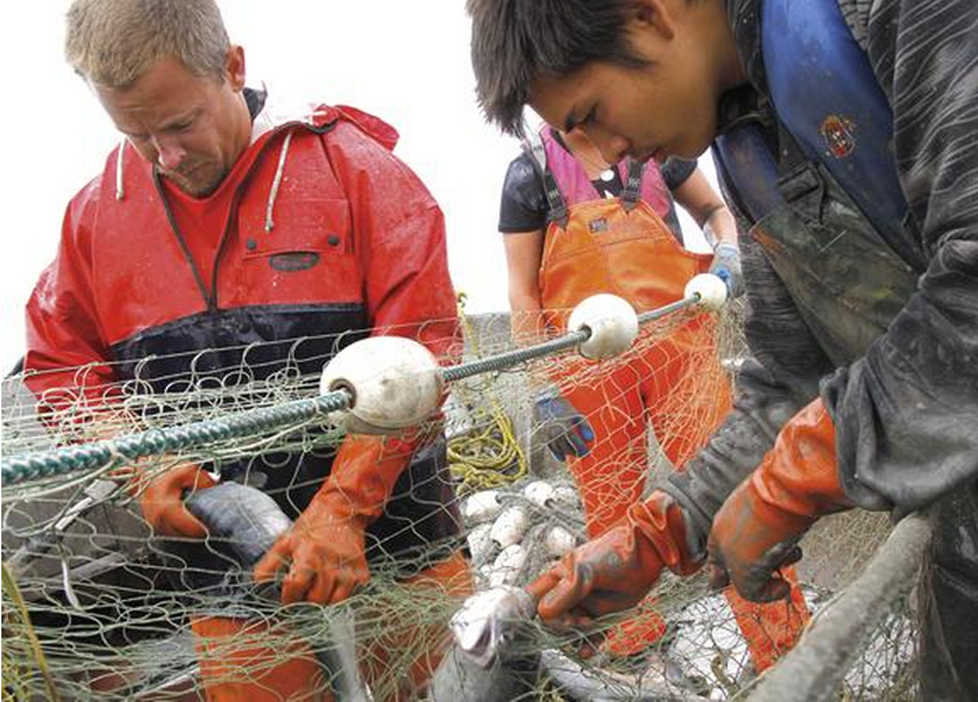Oral argument in the Alaska Fisheries Conservation Alliance’s appeal of the Lieutenant Governor’s decision not to certify its proposed ballot initiative is scheduled for April 22 in Anchorage.
The alliance, or AFCA, wants to ask voters whether to ban setnets in urban parts of the state. If the initiative made it on to the ballot and passed, it would eliminate setnetters in Cook Inlet.
Lt. Gov. Mead Treadwell struck down the initiative in January based on a Department of Law opinion that declared it was a prohibited appropriation of state resources.
AFCA, however, has said that the effort is conservation-focused, and filed an appeal of Treadwell’s decision in Alaska Superior Court.
Even if the initiative is certified, the group still must collect signatures before it goes on the ballot.
Judge Catherine Easter met with attorneys for the alliance and Treadwell, who is represented by the state Department of Law, today to schedule oral argument and discuss other issues that could arise.
Under the timeline approved in early February, both sides are expected to file motions for summary judgment on March 7, with opposition briefs due March 21. If reply briefs are needed, those will be due April 2.
The April 22 hearing is scheduled for 3:30, and expected to take an hour.
Both parties have agreed that there likely will not be a dispute over facts in the case or any need for discovery.
AFCA lawyer Robert Misulich said the proposed timeline would meet AFCA’s desire to have the case heard at the state Superior and Supreme courts this year, so that the alliance could still collect signatures in 2015 and get the ban on the ballot in 2016.
It’s likely a final decision will come from the Alaska Supreme Court, as either the State or the AFCA can appeal the Superior Court’s decision to that body.
If there is a dispute over facts, however, Easter said the schedule may need to be changed to accommodate an evidentiary hearing, which could make it difficult to proceed on AFCA’s requested timeline.
Easter also agreed that briefs in the case could be 30 pages, but said any longer was not necessary because it is a fairly limited question of law.
That was at the request of state Assistant Attorney General Libby Bakalar, who called into the hearing from Anchorage and said that the byzantine issues of elections law and fisheries law would take more than 20 pages, the usual limit, to explain.
The Department of Law will also file its response to AFCA’s original complaint by the end of business Friday.
Bakalar said she thought the schedule agreed to by the State and AFCA called for motions for summary judgment in lieu of a response, but Misulich and Easter asked for the response, as well.

